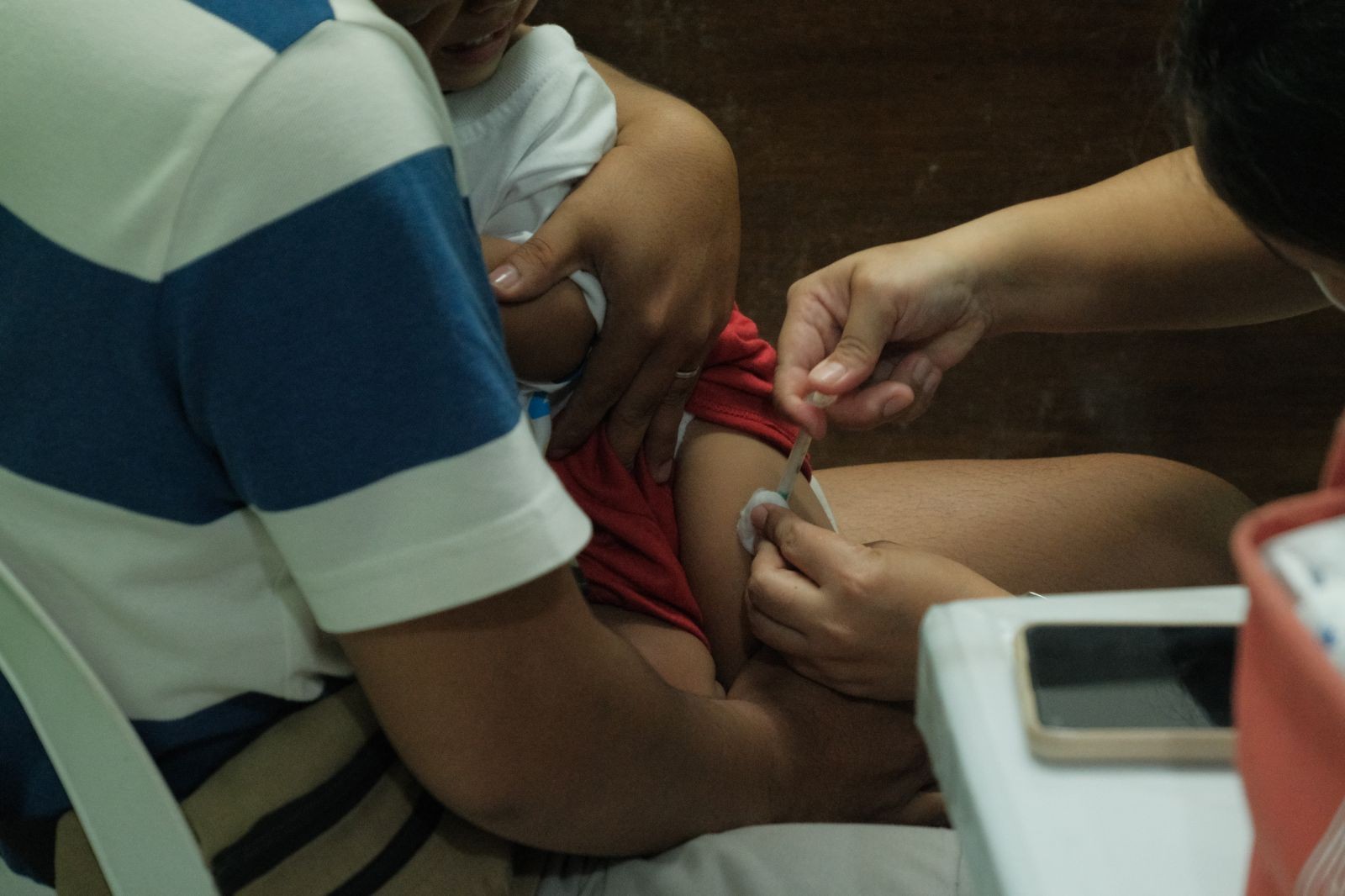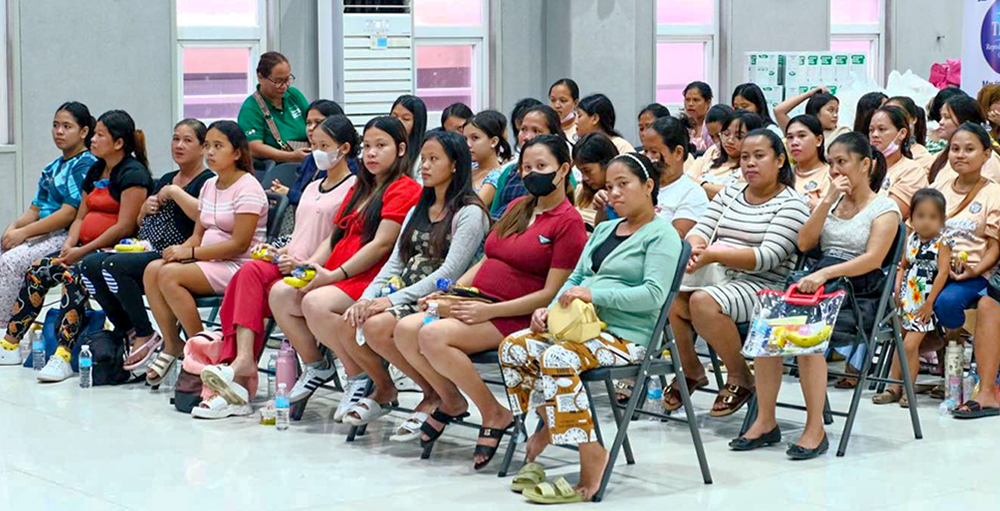The City Health Office (CHO), in partnership with the Department of Health (DOH), will again hold a school-based immunization in October, as part of its continuous effort to protect children against vaccine-preventable diseases.
Dr. Julinda Acosta, Technical Services Division Chief of the CHO, said the immunization will be conducted in public schools.
She said children in Grades 1 and 7 will receive booster doses of the measles, rubella, tetanus, and diphtheria vaccines. Meanwhile, the Grade 4 female students will receive an HPV or Human papillomavirus vaccine that will protect them against cervical cancer, the second most common cancer in women.
“Atong vaccines nga ihatag ani, para ni siyang booster shots, kasi overtime man gyud ang atong immunization nga nadawat atong bata pa ta, during infancy and early childhood, mag wean jud na siya. So kailangan na pod ng additional dose ng bakuna para ma boost nato ang immune system para dili gyod kita magkasakit ani’ng mga tipdas, kani atong rubella, and also tetanus and diphtheria (Our vaccines that will be given to them will serve as booster shots because the immunization that our child received during infancy and early childhood usually wean. So we need an additional dose of vaccine to boost their immune system so that they don’t get illnesses such as measles, rubella, tetanus, and diphtheria),” Acosta said in an interview on the city-owned Davao City Disaster Radio (DCDR).
She added that they aim to prevent women from developing congenital rubella syndrome since it can harm the conceived child if the mother contracts the disease in the first trimester.
“Katong mga kababaihan, kung magbuntis sila during first trimester, and then maka-contract sila og rubella or sabihin nati’ng German measles sa ato’ng term, kay maka-cause ni siya [og side effects] sa gisabak nga bata. Ang mga senyales ani, bungol ang bata pagkawo, magkaroon siya ng congenital cataract, magkaroon siya ng mental retardation. So, daghan kaayo’g mga side effects sa katong bata nga gisabak (If a pregnant woman contracts German measles or rubella during her first trimester, the unborn child may experience its [side effects]. The symptoms include, congenital cataract, mental impairment, and deafness. There are numerous adverse repercussions associated with the conceived child),” she said.
Acosta, however, said parents’ consent is still needed before vaccination.
“That’s why ang atoang mga healthcare workers, mga district personnel, nga gipanguluhan sa ato’ng mga doctors, and also the DepEd, nag- conduct na sila og orientations sa mga parents through the Parents Teachers Association (PTA). Nag-conduct mi og orientation para mapasabot sa ilaha kung unsa ka importante, unsa ka safe ni atoang mga bakuna para sa ilang mga anak (That’s why our healthcare workers, district personnel, headed by our doctors, and our DepEd, conducted an orientation to the parents through the Parents Teachers Association (PTA). We gave them an orientation so they will know the value and safety of our immunizations for their kids),” she said.
She said school-based vaccinations began in 2013 and urged parents to immunize their kids as it has been proven to be safe for many years.
She also said that although uncommon adverse events are possible, such as pain in the injected area, rare allergic reactions, and fever, they are prepared to respond if a child experiences an adverse effect after receiving immunization. CIO





